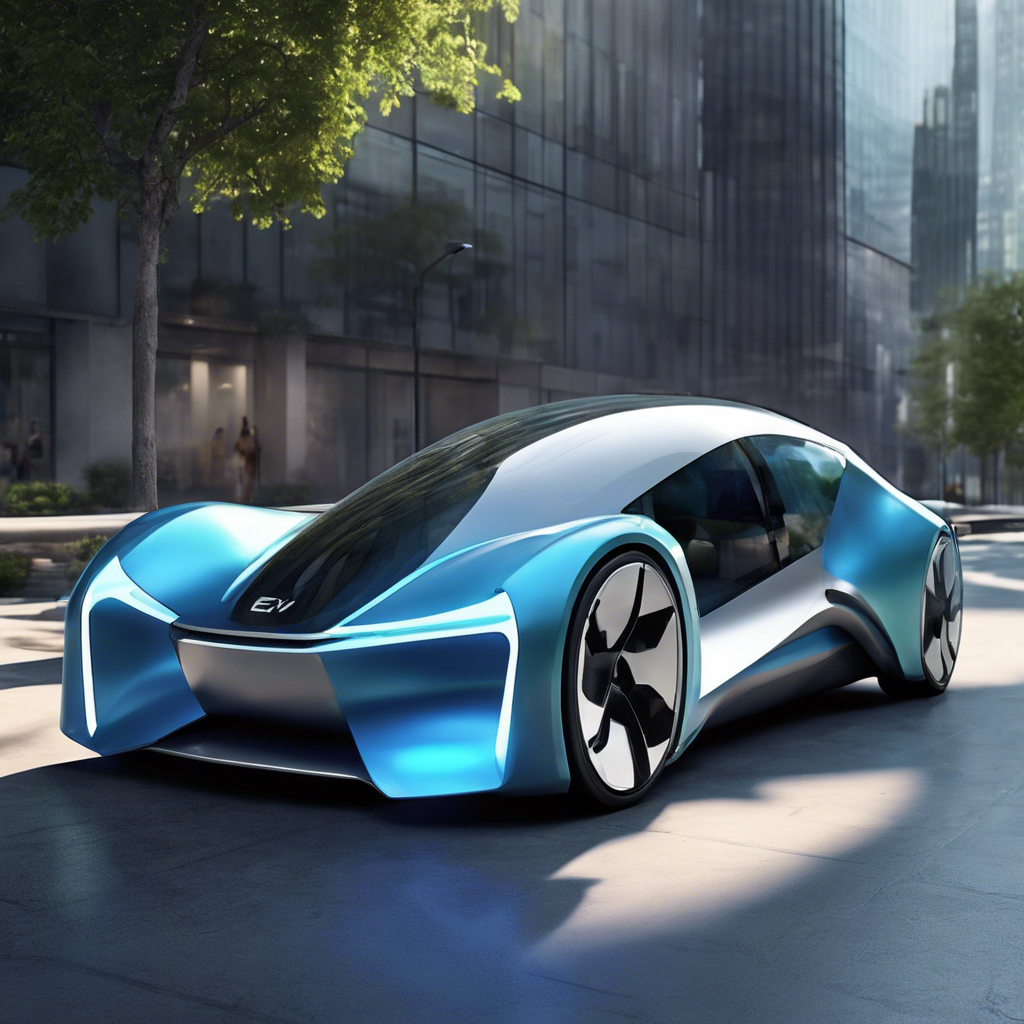MIT Develops Over 8,000 AI-Driven Electric Vehicle Designs

Brief news summary
MIT engineers have unveiled "DrivAerNet++," an open-source database with over 8,000 electric vehicle (EV) designs, featuring 3D models and detailed aerodynamic data. This initiative uses artificial intelligence to simplify the traditionally costly and lengthy EV design process. The extensive 39-terabyte database, created with three million CPU hours on the MIT SuperCloud, explores designs through 26 adjustable parameters like vehicle length and windshield slope. Advanced algorithms ensure the uniqueness of each design, accompanied by simulations that provide vital aerodynamic insights. This comprehensive dataset allows AI tools to accelerate vehicle design, cutting down research and development costs and facilitating the quicker market introduction of efficient vehicles. This progress is crucial for reaching climate goals by encouraging rapid EV adoption. The project demonstrates how large datasets can drive AI-enhanced design, eliminating the need for physical prototypes in aerodynamic testing. It aims to streamline the creation and evaluation of novel car designs, enhancing EV efficiency and supporting the emergence of high-performance models.MIT engineers have developed over 8, 000 electric vehicle (EV) designs, which, when paired with artificial intelligence (AI), can rapidly assist in the construction of future cars. Named "DrivAerNet++, " this open-source database features designs modeled on today’s most prevalent car types. These 3D models offer details about their aerodynamic properties, among other specifications. While electric cars have existed for over a century, their popularity has surged recently. Designing these vehicles traditionally takes companies several years of resource-intensive iterations and revisions to arrive at a final design capable of being turned into a prototype. Because of its proprietary nature, the details and results from these trials—including the prototype's aerodynamics—remain confidential. This has often meant that progress in achieving significant improvements in EV range or fuel efficiency has been slow, researchers noted. However, this new database seeks to accelerate the discovery of superior car designs dramatically. This digital repository of car designs includes comprehensive data on specifications and aerodynamics, potentially equipping AI models to create new designs in the future, the researchers said. By streamlining this traditionally lengthy process, manufacturers can now develop EV designs faster than ever, the engineers noted. In a related development, a new in-vehicle AI can detect intoxicated drivers by constantly monitoring their faces for signs of drunkenness. In a paper submitted to the preprint arXiv database on June 13, the team detailed the dataset and its potential use with AI technologies. This work was also presented at the NeurIPS conference in Vancouver in December. Harnessing AI to craft car designs in seconds The researchers' dataset, created with the MIT SuperCloud, a powerful cluster of computers for scientific research, yielded 39 terabytes of data after consuming three million central processing unit hours. The team utilized an algorithm to systematically adjust 26 parameters, including vehicle length, underbody features, tread and wheel shapes, and windshield slope, for each baseline model. They also implemented an algorithm to verify that new designs were original rather than copies of existing ones. Each 3D design was then translated into various readable formats—including a mesh, a point cloud, or a list of dimensions and specifications.
Subsequently, complex fluid dynamics simulations were conducted to assess airflow around each design. "The forward process is so expensive that manufacturers can only tweak a car slightly from one version to the next, " explained Faez Ahmed, Assistant Professor of Mechanical Engineering at MIT. "But with extensive datasets indicating the performance of each design, machine-learning models can iterate quickly, increasing the chances of achieving better designs. " Mohamed Elrefaie, an MIT mechanical engineering student, mentioned that the dataset could lower research and development costs and speed up advancements. Accelerating the design process could benefit the climate by getting more efficient vehicles to consumers sooner. AI integration is pivotal in this design acceleration. The dataset allows training of a generative AI model to "operate in seconds rather than hours, " Ahmed added. Earlier AI models might have produced seemingly optimized designs but were limited by small training datasets. The new dataset supplies more substantial training data, enabling AI models to create novel designs or evaluate existing ones' aerodynamics. This can then be used to calculate the EV's efficiency and range without needing a physical prototype.
Watch video about
MIT Develops Over 8,000 AI-Driven Electric Vehicle Designs
Try our premium solution and start getting clients — at no cost to you















